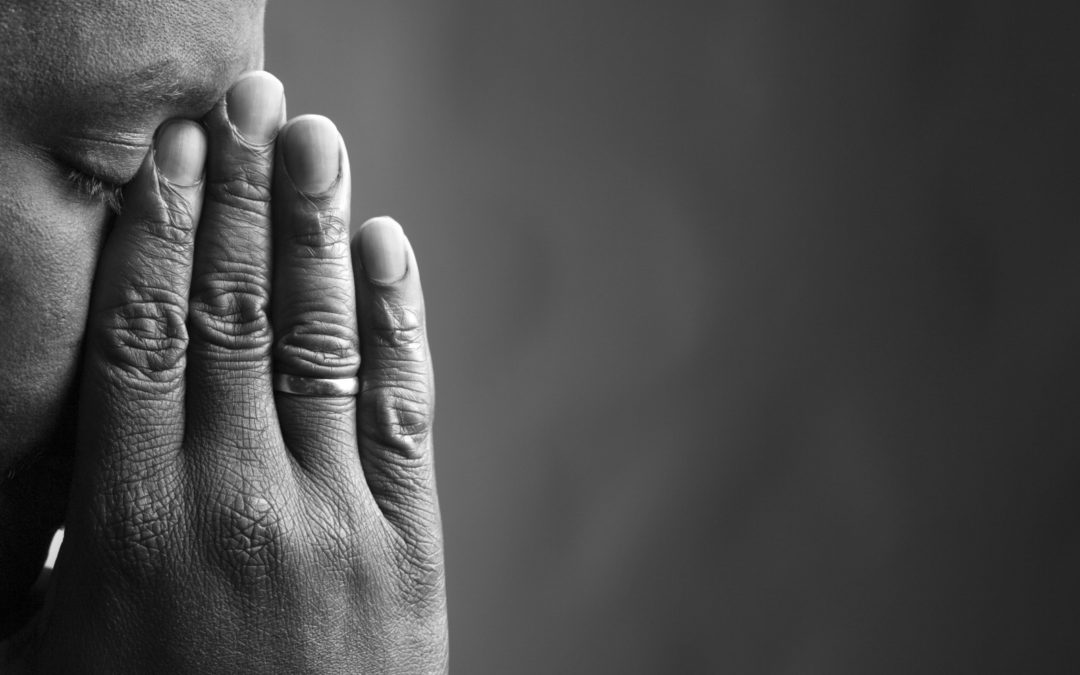Death. It’s a word I prefer to leave unsaid. It’s a part of life that is unavoidable. It’s the end of life as we know it here on earth. It’s the beginning of a new chapter in an eternal round of living. It’s reality. And it’s difficult, no matter how it comes to us or someone we love: a sudden accidental death, an overdose, a final breath after a long-fought battle with cancer.
Death is hard. For those of us left behind.
Losing someone or something you love or care deeply about is very painful. You may experience all kinds of difficult emotions and it may feel like the pain and sadness you’re experiencing will never let up. These are normal reactions to a significant loss. But while there is no right or wrong way to grieve, there are healthy ways to cope with the pain that, in time, can renew you and permit you to move on.
Mark Twain commented: “The fear of death follows from the fear of life. A man who lives fully is prepared to die at any time.”
The following description of grief and tips to get through it are taken directly from helpguide.org and all credit goes to them:
Grief is a natural response to loss. It’s the emotional suffering you feel when something or someone you love is taken away. The more significant the loss, the more intense the grief will be.
Grieving is a personal and highly individual experience. How you grieve depends on many factors, including your personality and coping style, your life experience, your faith, and the nature of the loss. The grieving process takes time. Healing happens gradually; it can’t be forced or hurried—and there is no “normal” timetable for grieving. Some people start to feel better in weeks or months. For others, the grieving process is measured in years. Whatever your grief experience, it’s important to be patient with yourself and allow the process to naturally unfold.
The five stages of grief:
- Denial: “This can’t be happening to me.”
- Anger:“Why is this happening? Who is to blame?”
- Bargaining:“Make this not happen, and in return I will ____.”
- Depression: “I’m too sad to do anything.”
- Acceptance:“I’m at peace with what happened.”
If you are experiencing any of these emotions following a loss, it may help to know that your reaction is natural and that you’ll heal in time. However, not everyone who grieves goes through all of these stages—and that’s okay. Contrary to popular belief, you do not have to go through each stage in order to heal. In fact, some people resolve their grief without going through any of these stages. And if you do go through these stages of grief, you probably won’t experience them in a neat, sequential order, so don’t worry about what you “should” be feeling or which stage you’re supposed to be in. Your grieving will be unique to you. It won’t be like anyone else’s.
The single most important factor in healing from loss is having the support of other people. Even if you aren’t comfortable talking about your feelings under normal circumstances, it’s important to express them when you’re grieving. Sharing your loss makes the burden of grief easier to carry. Wherever the support comes from, accept it and do not grieve alone. Connecting to others will help you heal.
When you’re grieving, it’s more important than ever to take care of yourself. The stress of a major loss can quickly deplete your energy and emotional reserves. Looking after your physical and emotional needs will help you get through this difficult time.
Distinguishing between grief and clinical depression isn’t always easy as they share many symptoms, but there are ways to tell the difference. Remember, grief can be a roller coaster. It involves a wide variety of emotions and a mix of good and bad days. Even when you’re in the middle of the grieving process, you will have moments of pleasure or happiness. With depression, on the other hand, the feelings of emptiness and despair are constant.
Other symptoms that suggest depression, not just grief:
| · Intense, pervasive sense of guilt
· Thoughts of suicide or a preoccupation with dying · Feelings of hopelessness or worthlessness |
· Slow speech and body movements
· Inability to function at work, home, and/or school · Seeing or hearing things that aren’t there |
If you recognize any of the above symptoms of complicated grief or clinical depression, talk to a mental health professional right away. Left untreated, complicated grief and depression can lead to significant emotional damage, life-threatening health problems, and even suicide. But treatment can help you get better.
Contact a grief counselor or professional therapist if you:
- Feel like life isn’t worth living
- Wish you had died with your loved one
- Blame yourself for the loss or for failing to prevent it
- Feel numb and disconnected from others for more than a few weeks
- Are having difficulty trusting others since your loss
- Are unable to perform your normal daily activities

